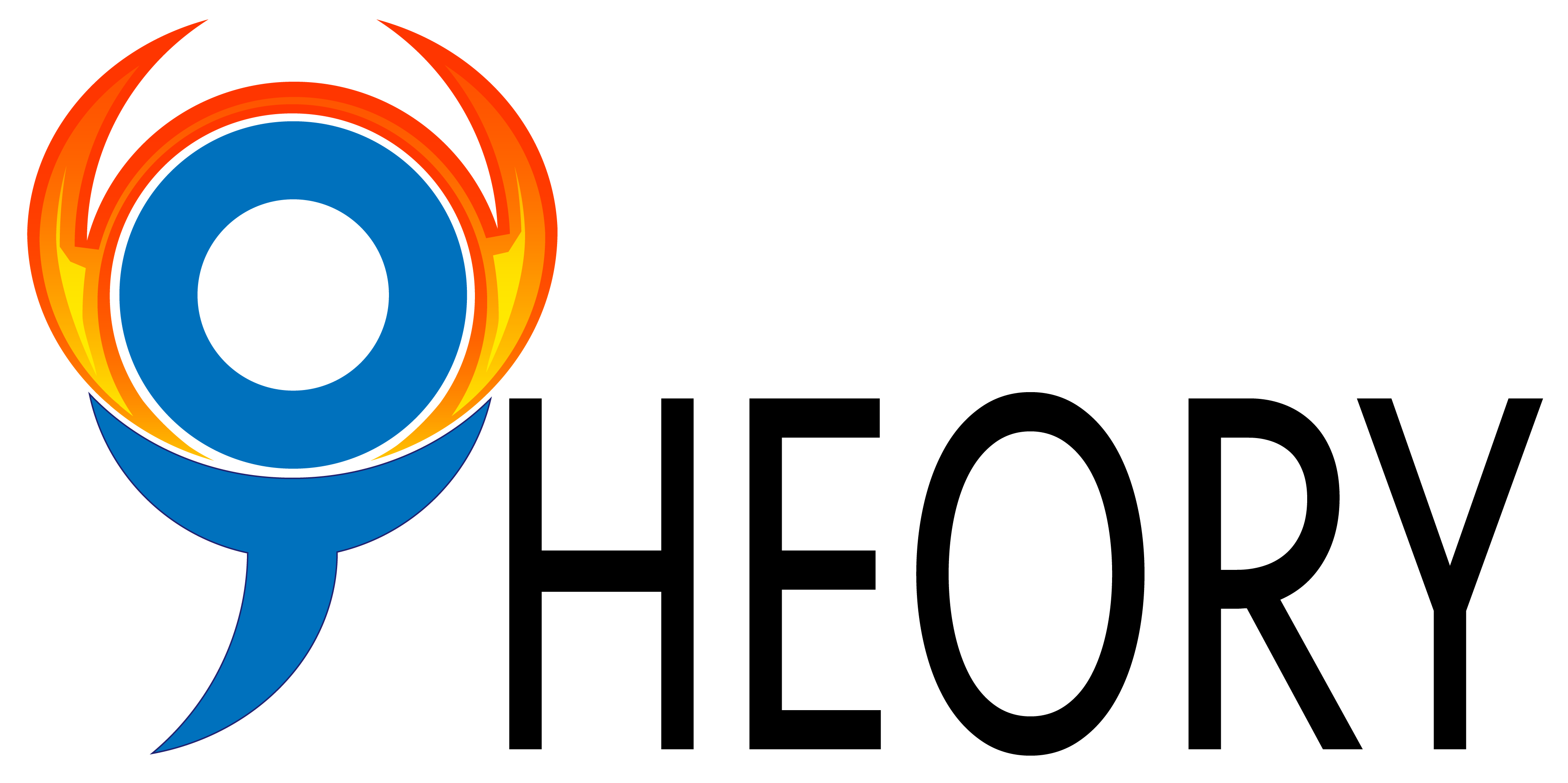Acquiring motor skill is a process that requires practices, feedback, and involvement of the learner. This frame of reference employs several principles from learning theory. It focuses on the child’s ability, characteristics of the task, skills required, environment, and regulatory conditions. Regulatory conditions are aspects of the environment that determine movement specifics, which are described in a continuum between closed and open tasks. Closed tasks are tasks that are performed in stationary environments, some with little variability (e.g., brushing teeth) and some with larger variability (e.g., self-feeding). The other side of continuum, open tasks, is the task that is performed in an environment in motion and includes some variability in movement in each trial (such as playing soccer). Learning of motor skill consists of many stages. In the early stage, the child must engage in active problem solving to find strategies to match features of task and environment. The child also needs to plan a movement and evaluate it based on feedback. At the later stage in which skill is developed, the child needs to develop self-evaluation to meet different requirements based on the context and function of the task. Evaluation of this frame of reference is a dynamic process and does not follow a specific order. The child, task, environment and their interaction must be considered during the process. Therapists collect information from observations of child’s performance, their caregivers on daily performance, analysis the task, analysis on demands and characteristics of the environment. In interventions, therapists act as a facilitator who structure learning situations that promote the child’s ability to perform the tasks, which often are functional activities that fit the child’s occupation.
Summarized by
- Macey Cho
Type
- Frame of reference
Population
- Child
- Adolescent
Disability
- Developmental disability
Domain of occupation
- Unspecified
Application Note
Child’s ability, task requirements, environmental demands, and interaction between all three must be considered
Key Reference
Kaplan, M. (2010). A frame of reference for motor skill acquisition. In P. Kramer & J. Hinojosa (Eds.), Frames of reference for pediatric occupational therapy (3rd ed., pp. 390-424). Philadelphia: Lippincott Williams & Wilkins.
Year Published
- 2010
Primary Developer
- Margaret Kaplan
Primary Developer Email
- margaret.kaplan@downstate.edu
